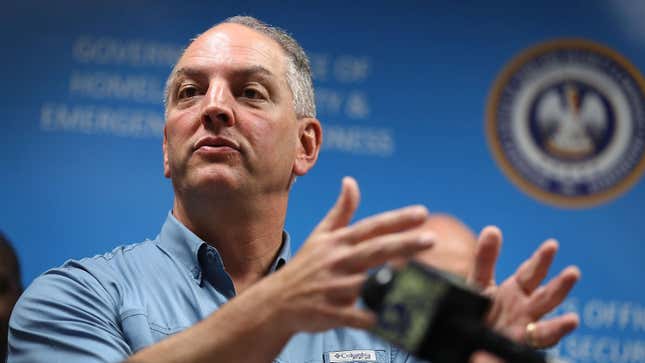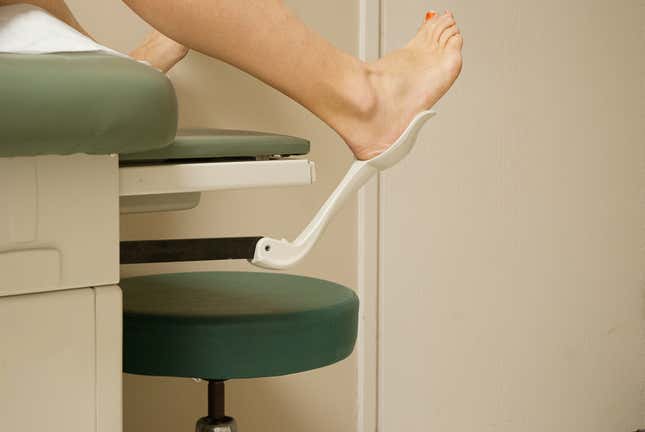Louisiana Governor Calls Abortion Ban ‘Relatively Smooth’ After Several Women Almost Died
Doctors have said the ban’s requirement that they prove a fetus can't survive or go to prison for providing an abortion has “created an atmosphere of terror.”
AbortionPolitics

In an utterly profound failure to read the room, Louisiana Gov. John Bel Edwards (D, supposedly) said at an end-of-year press conference on Monday that the state’s transition to adopt its near-total abortion ban “has been relatively smooth.” As Jessica Valenti pointed out in her abortion news Substack, this would be ridiculous to say in any state, really—but it’s especially so in Louisiana, where there have been several documented cases of people almost dying as a result of the ban since the fall of Roe v. Wade, and where the ban has “created an atmosphere of terror” for doctors.
Edwards said “that while there have been some hiccups, when people were denied abortion access in Louisiana when they probably shouldn’t have, the post-Roe transition has been relatively smooth.”
“I continue to believe that we should have an exception for rape and incest,” he continued, according to the Louisiana Illuminator. “That’s something that we’ll ask the legislature to put in place in statute when the session starts in April.”
How generous! Pregnant people in Louisiana should have a pass to not be forced to give birth and face possible criminalization, Edwards says—but only if they subject themselves to a violating state process to prove they were raped, of course.
-

-

-

-

-

-

-

-

-

-

-

-

-

-

-

-

-

-

-

-

-

-

-

-

-

-

-

-

-

-

-

-

-

-

-

-

-

-

-

-









































